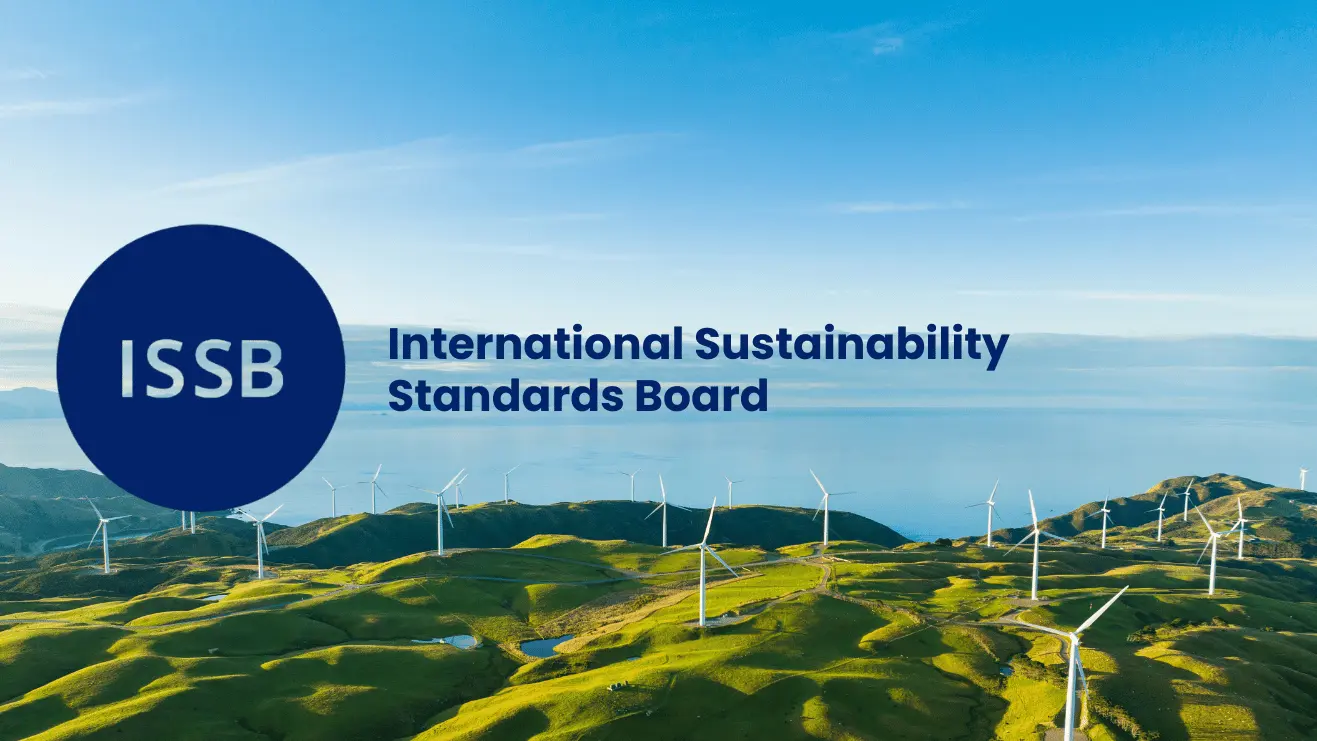Morgan Stanley Survey Finds Majority of Investors Planning to Increase Sustainable Investments This Year

|
Listen to this story:
|
Individual investor interest in sustainability is on the rise, according to survey findings in a new “Sustainable Signals” report by the Morgan Stanley Institute for Sustainable Investing and Morgan Stanley Wealth Management. More than three quarters (77%) of individual investors globally say they are interested in investing in companies or funds that aim to achieve market-rate financial returns while also considering positive social and/or environmental impact. In addition, more than half (57%) say their interest has increased in the last two years, while 54% say they anticipate boosting allocations to sustainable investments in the next year.
More than Half of Investors Say they Plan to Increase Sustainable Investments in Next 12 Months
Investors cited that their growing interest in sustainable investing is due to factors including new climate science findings (53%) and the financial performance of sustainable investments (52%). A majority of investors also believe that companies should address environmental and social issues.
“Nearly 80% of individual investors believe that it is possible to balance market rate financial returns with a focus on sustainability,” says Jessica Alsford, Morgan Stanley’s Chief Sustainability Officer and CEO of the Institute for Sustainable Investing. “These investors express a desire for their investments to advance positive environmental and social impact, creating opportunities for finance professionals to meet these needs.”
When asked to pick their top sustainable investing theme, investors prioritized climate action with 15% ranking it first, followed by healthcare (13%), water solutions (11%) and circular economy (11%).
When making a new investment, nearly 80% of global investors consider a company’s reporting on its carbon footprint and commitment to reducing greenhouse gas emissions. This doesn’t necessarily imply that traditional energy companies are out of scope; 51% would consider investing in traditional energy companies as long as they have robust plans to reduce their emissions and address climate change. This holds true even for investors who are very interested in sustainable investing (62%) and those who rate climate action as a top investment interest. Just 21% of global investors would avoid traditional energy companies altogether on climate grounds, indicating that investors may be open to supporting companies with a clear transition plan in place.
Instead, investors want companies to demonstrate how they are proactively planning to protect long-term value, how they will achieve decarbonization strategies and how they will pivot business models to align with the requirements of climate science.
Investors are also interested in finding ways to reduce the carbon footprint of their own portfolios. More than 60% of investors would be likely to purchase carbon offsets if they were available.
Investor Concerns About ESG Data and Greenwashing
When asked what prevents investors from making sustainable investments, survey respondents cited the lack of transparency and trust in reported ESG data and concerns about the potential for “greenwashing,” or the representation of investments as being more sustainable than they are.
Related Article: LG Electronics Targets ‘Future Vision 2030’ with Sustainable Investments and Eco-Focused Innovations
Investors also cite uncertainty about investing in social themes. More than half (58%) indicate that they are likely to invest in companies that target specific positive environmental or social objectives. When asked about current or planned investments, environmental solutions are more popular than social themes, even though most investors say that it is a priority for their investments to minimize negative social impact and advance positive results. Social themes ranked more highly when investors were asked to identify areas they were interested in but didn’t know where to begin. The lower interest could reflect investor sentiment toward a less developed market for social funds compared to environmental.
Investors may benefit from more guidance and support from investment professionals: 52% say they have limited knowledge about how to start investing sustainably and 43% say they lack financial advice. Financial advisors or investment platforms could benefit from supporting these investors, as 58% of global investors say that they would be likely to select an FA or investment platform based on their sustainable investment offerings.










